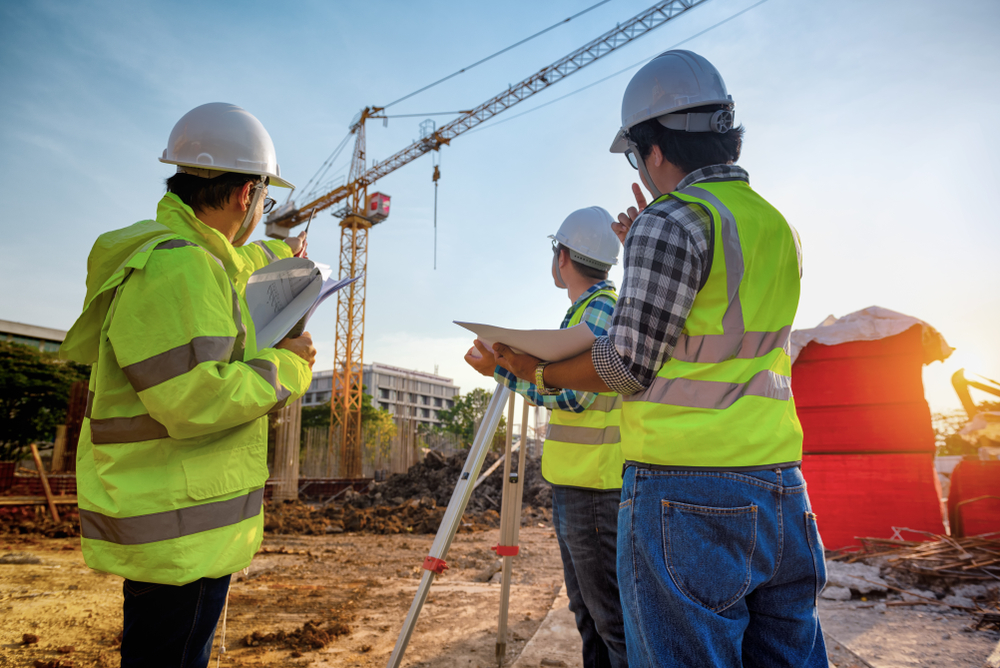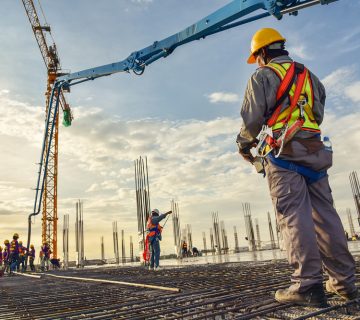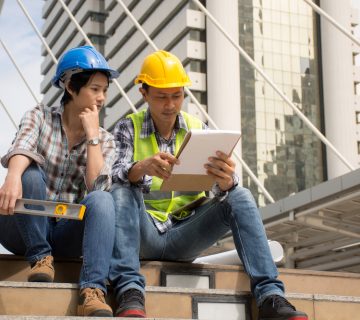In the realm of construction law, disputes over construction defects are common and can lead to significant financial and reputational risks for all parties involved. When such conflicts arise, architects, contractors, and property owners often turn to alternative dispute resolution (ADR) methods like mediation and arbitration to resolve their issues. These methods can be more efficient and cost-effective compared to traditional litigation. Understanding what to expect in mediation and arbitration is crucial for anyone involved in a construction defect dispute.
Understanding Mediation and Arbitration
Before delving into what to expect in these processes, it’s essential to understand the differences between mediation and arbitration:
- Mediation: This is a collaborative process where a neutral third-party mediator facilitates discussions between the parties to help them reach a mutually acceptable resolution. The mediator does not make binding decisions but guides the conversation to promote understanding and compromise.
- Arbitration: In arbitration, a neutral arbitrator hears both sides of the dispute and makes a binding decision. This process is more formal than mediation and resembles a trial, but it is typically quicker and less expensive.
What to Expect in Mediation
- Pre-Mediation Preparation: Prior to mediation, each party should gather relevant documentation, including contracts, correspondence, and evidence related to the defect. It is also helpful to outline key issues and desired outcomes to facilitate discussion during the mediation.
- Choosing a Mediator: The parties typically agree on a mediator with expertise in construction law. The mediator’s background can significantly influence the mediation’s effectiveness, so it’s important to select someone knowledgeable about the specific issues at hand.
- Setting the Stage: Mediation usually begins with an opening session where the mediator explains the process and sets ground rules. This is followed by each party presenting their perspective on the dispute. It’s essential to be respectful and listen actively to the other party’s concerns.
- Private Sessions: The mediator may conduct private sessions, known as “caucuses,” with each party. This provides a confidential space to discuss concerns, explore interests, and formulate settlement proposals without the other party present.
- Negotiation and Compromise: The mediator will facilitate discussions, encouraging both sides to explore options for resolution. This stage often involves negotiation and compromise, with the mediator helping to identify common ground and potential solutions.
- Reaching an Agreement: If the parties reach an agreement, the mediator will help draft a written settlement that outlines the terms. This agreement is typically binding, and the parties are expected to uphold their commitments.
- Follow-Up: After mediation, the parties should follow up on the agreement’s implementation. This may involve further communication to ensure that all terms are being met satisfactorily.
What to Expect in Arbitration
- Pre-Arbitration Preparation: Similar to mediation, parties should prepare documentation and evidence relevant to the dispute. This includes contracts, project records, expert opinions, and any other pertinent materials.
- Selecting an Arbitrator: The parties often have the opportunity to select an arbitrator or a panel of arbitrators with expertise in construction defects. Choosing the right arbitrator is crucial, as their decision will be binding.
- Arbitration Hearing: The arbitration hearing is more formal than mediation. Each party presents their case, including witness testimony and evidence. The arbitrator will listen to both sides and may ask questions to clarify points.
- Closing Statements: After all evidence has been presented, each party will typically have the opportunity to make a closing statement summarizing their position and key arguments.
- Deliberation and Decision: Following the hearing, the arbitrator(s) will deliberate and issue a binding decision, known as an award. This decision is typically final and enforceable, with limited grounds for appeal.
- Enforcement of the Award: If one party fails to comply with the arbitration award, the other party can seek enforcement through the courts. This process is generally quicker than enforcing a court judgment.
Benefits of Mediation and Arbitration
- Cost-Effective: Both mediation and arbitration are generally less expensive than traditional litigation due to shorter timelines and reduced legal fees.
- Faster Resolution: Mediation and arbitration can lead to quicker resolutions, allowing construction projects to proceed with minimal disruption.
- Confidentiality: Both processes are typically confidential, helping to protect the parties’ reputations and sensitive information.
- Preservation of Relationships: The collaborative nature of mediation can help preserve professional relationships, which is especially important in the construction industry where future projects may depend on ongoing collaboration.
How We Can Help
At Stryker Slev Law Group, we understand the complexities involved in construction defect disputes and the importance of effective dispute resolution strategies. Our experienced attorneys specialize in construction defect and commercial real estate law, providing comprehensive legal support tailored to the needs of architects, contractors, and developers in San Diego, Los Angeles, and Southern California.
Whether you are facing a construction defect dispute and considering mediation or arbitration, or if you need assistance drafting effective contracts with appropriate ADR clauses, we are here to help. Our firm’s extensive knowledge of construction law positions us as a trusted partner for your legal needs.
If you’re looking to navigate mediation or arbitration processes effectively, or if you have questions about handling construction defect disputes, contact Stryker Slev Law Group today. Together, we can build a solid foundation for resolving disputes and protecting your interests in every project.



